You have already heard it a million times, but let’s make it a million and one, shall we? Lords of the Fallen is a game whose lifeblood runs through the same vein as the genre-defining Souls series. There’s no denying the inspiration From Software’s franchise had on the creation of Deck 13 Interactive and CI Games’ dark, medieval fantasy RPG. But not every game has to be the first of its kind or reinvent a genre to provide an enjoyable experience. Lords of the Fallen understands this and takes an existing formula and makes a few tweaks to the recipe. In some regards, it manages to improve areas that we can appreciate. However, the overall product is one that fails to surpass its source material.
Lords of the Fallen follows convicted criminal Harkyn, a man whose many sins can be seen tattooed on his face, as he is released from his cell to take on an evil threatening the world. This threat, known as the Rhogar, is spreading across the land and only a man as nefarious as Harkyn can stop it. Fight fire with fire, I suppose. It’s an interesting enough premise to kick off the game, but sadly it’s never explored or expanded upon in any meaningful way. In fact, it seems to almost come as an afterthought. I found more information about the world in the audio log-style scrolls scattered throughout the environment than I did viewing any of the game’s cutscenes. A straight-forward, story-driven Dark Souls game could have been something great, but that’s not what we have here.
Unfortunately, this disappointment carries over into the atmosphere. Spoiler: here comes another Souls reference. The Souls series has always captivated players with its varied and unique environments, each sporting a different feel. Lords of the Fallen’s separate regions are all inspired similarly. Snow lightly coats the ground around large stonework structures connected by claustrophobic corridors. Given the scarcity in distinguishing characteristics, exploration can become rather confusing as you attempt to navigate from one area to another via (easily missable) connecting doorways. In its defense, the graphical fidelity and overall attractiveness of the locations were notable, although I can only speak for the PC version.
Now that’s a lot of negative talk. For those of you ready to write off this game I say, “Wait! There is good to be found here.” The combat is the core pillar of Lords of the Fallen and it is the sole aspect pushing the game above its other underdeveloped traits. In the beginning Harkyn has to choose from three classes — Rogue, Warrior, and Cleric — and three sets of magic — offensive, defensive, and stealth. The classes can be changed at the player’s leisure through armor and weapon swaps. Magic, however, is restricted to a single choice and will augment combat for the duration of the campaign the first time around. Consecutive playthroughs, by means of New Game+ and New Game++, remove this constraint.
The game tosses you into a fight right away, giving players a feel for its weighty and impactful combat. That is one of the defining differences between Lords of the Fallen and Dark Souls, I believe. Weapons have a realistic weight to them. Hammers take a while to swing overhand before they come crashing down on enemy heads with satisfying force; daggers slice and dice accompanied by speedy acrobatics; and the impact can almost be felt when Harkyn’s shield absorbs a staggering blow. Enemies follow these same rules, too. The towering, demonic, armor-clad warriors swing slowly but forcefully with their giant axes, whereas the smaller mutated monstrosities strike swiftly and relentlessly. Enemy variety might fall below expectations, but what is on offer is done well.
Fortunately, weapon variety is relatively high. Claws, magical gauntlets (with selectable firing modes), staves, axes, short swords, greatswords, shields and more fill the game’s armory. Whether you want to dual-wield daggers or two-hand hulking swords, the options are there. Furthermore, one’s weapon of choice can be enhanced with various effects through the use of rune augmentations. Of course, the powerful arsenal that players accumulate is governed by a recognizable endurance system. You can only effectively swing and block if Harkyn’s stamina bar isn’t empty. Here, Lords of the Fallen improves on this mechanic by rewarding perfectly timed swings. If a follow-up attack is timed just right, less stamina is consumed by the action. This isn’t a major game-changer, but rather a welcome refinement over its inspiration.
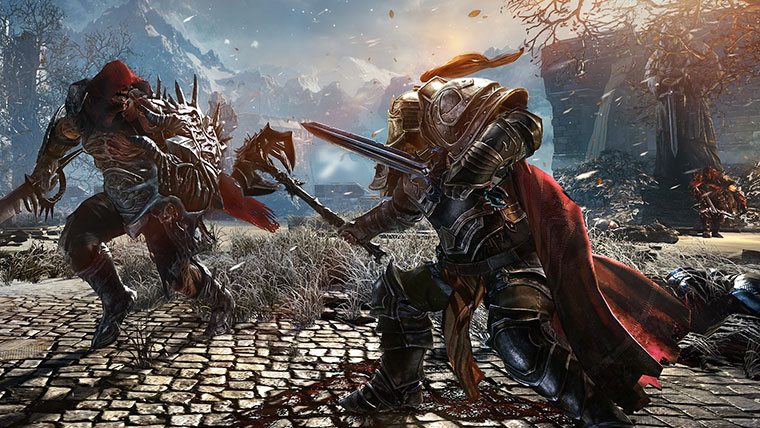
Everything else is pretty standard. Circling around enemies opens them up to backstabs. Buckler shields can parry opponents, leaving them temporarily stunned. Movement and attack sets are dictated by Harkyn’s encumbrance (ex: rolling is slower when heavy armor is equipped). This is probably familiar territory for many of you. In an unexpected twist, the combat pulls away from its competition by being more accessible. Despite all of the connections I’ve made to Souls thus far, Harkyn’s quest is not nearly as punishing. Tactics do need to be considered, but equipping heavy armor and a heavier weaponry typically negates what should equate to life-ending hits. Harkyn is a brutish beast of a man and it shows when he starts trading blows with the demonic foes. While I started the game with the scared, cautionary approach I carried throughout Dark Souls, I quickly found an all-out approach to be much more viable and productive.
That’s not to say I never died. Oh, I died. But death took longer to claim my sin-tainted soul than expected. And it happened less frequently, too. The bosses in the game (with their unearned, fear-inducing titles) never managed to provide much of a threat to the fully armored protagonist and that fact only became more apparent as Harkyn’s attack and magic damage reached over-powered levels later in the campaign. At the very least, the tiered boss battles helped change the flow of combat and, to an extent, the chosen tactics. The primary source of tension in the game stems from the interesting risk/reward system that ties into XP. The more enemies that are defeated consecutively, the higher the XP multiplier becomes. You can choose to spend XP at any of the numerous (potion restoring) checkpoints in exchange for magic or attribute points, but choosing to hold on to it can reap better rewards. However, die and you will have to return to the site of your defeat to reclaim the dropped XP. The twist here is that the XP pool is constantly diminishing, forcing the player to rush back and nab it as quickly as possible. It adds an extra layer for players to personalize their experience.
Depending on the experience being sought, the outcome will differ. Those looking for a Souls successor will decimate their adversaries with little challenge, while newcomers may find Lords of the Fallen to be an approachable stepping stone into this genre. It’s a solid game in its own right, but Lords of the Fallen will have to further develop itself next time (and we do hope to see a sequel) to step out from under Souls’ vast shadow.
The Verdict
Lords of the Fallen is a solid action RPG, but it isn’t without its flaws. The weighty combat, while enjoyable, is offset by disappointing difficulty and a lacking narrative. It is a commendable first attempt whose follow-up, if there is one planned, could stand as a worthy rival to the Souls series.


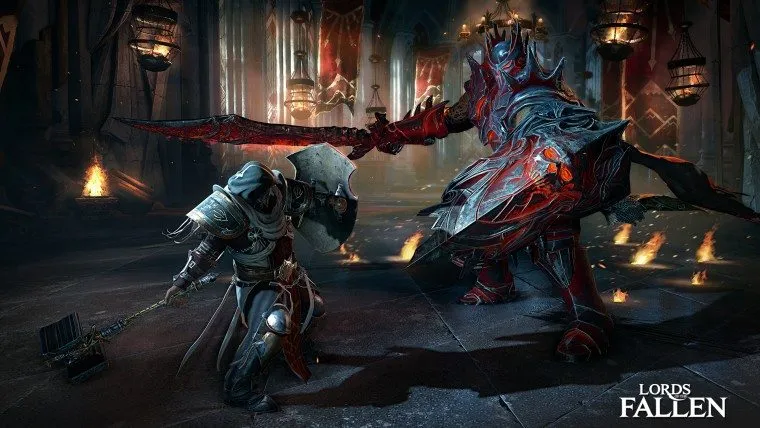

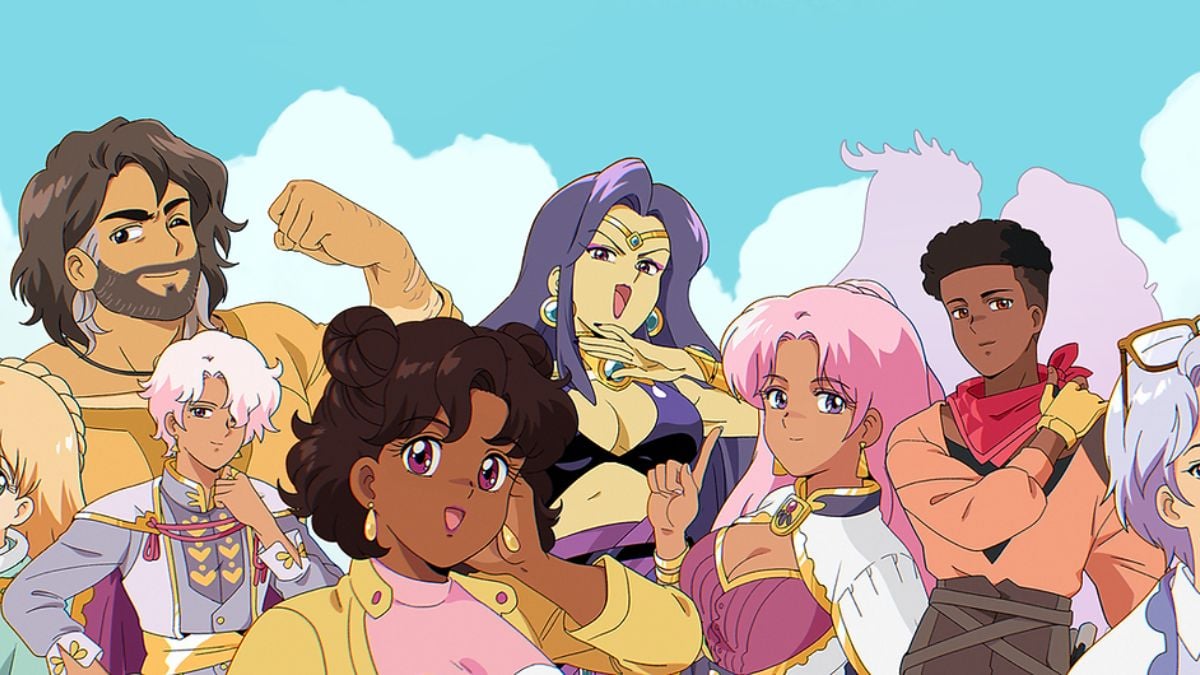
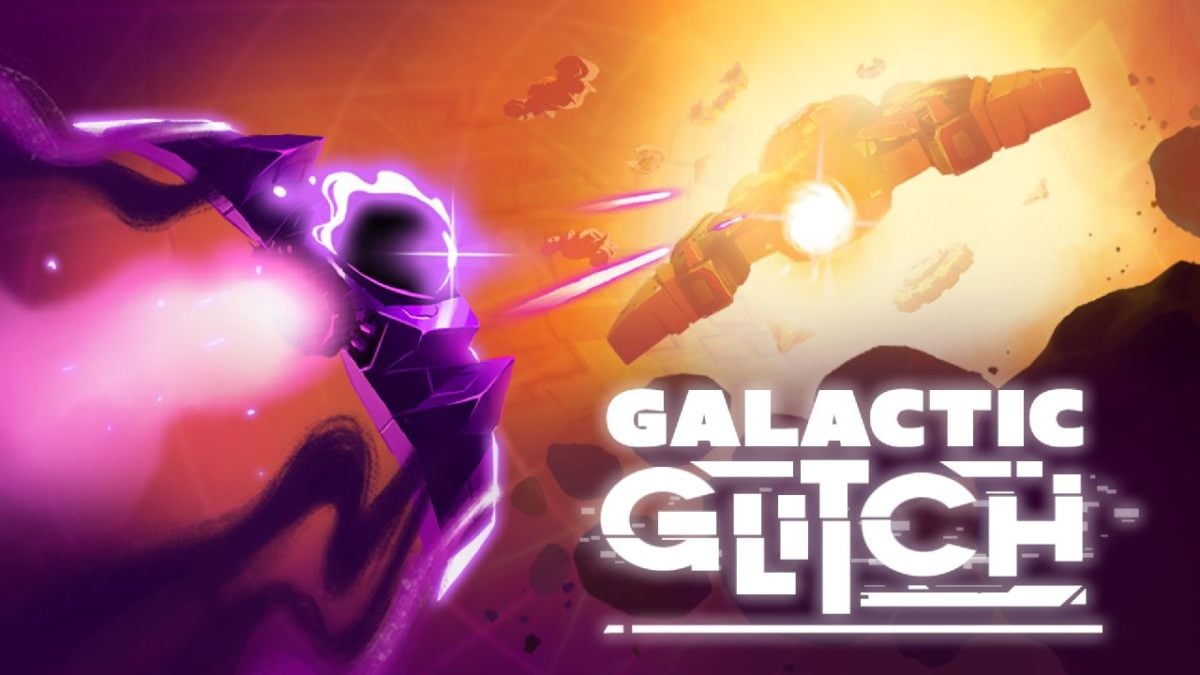
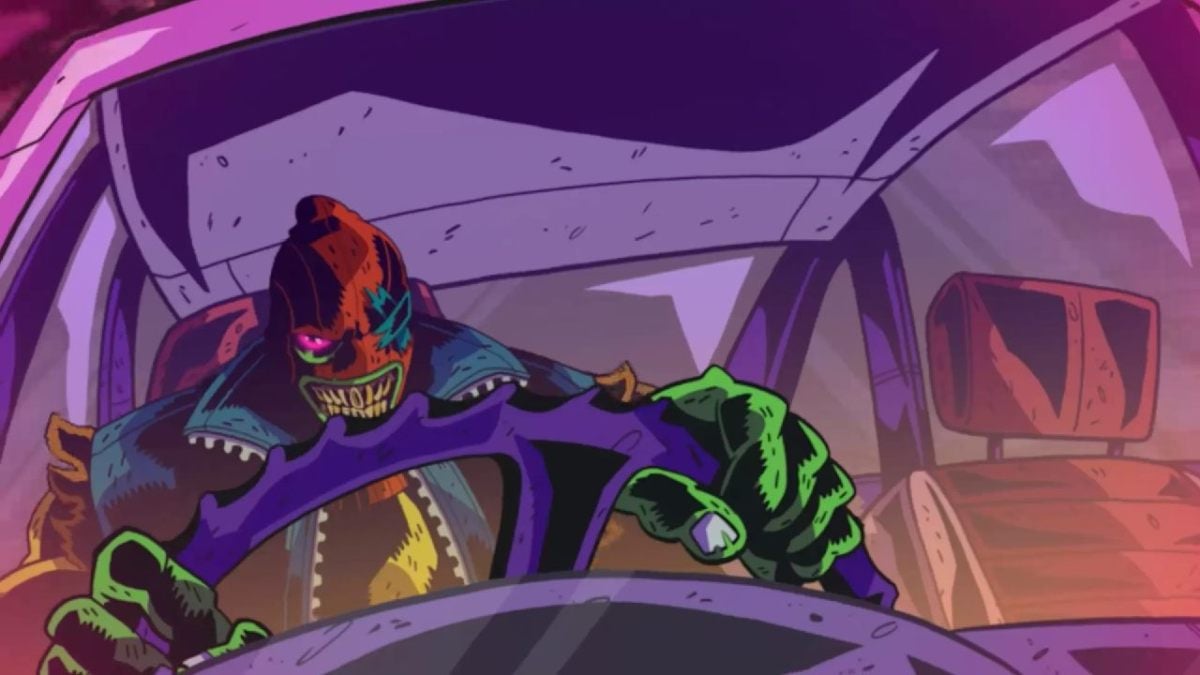
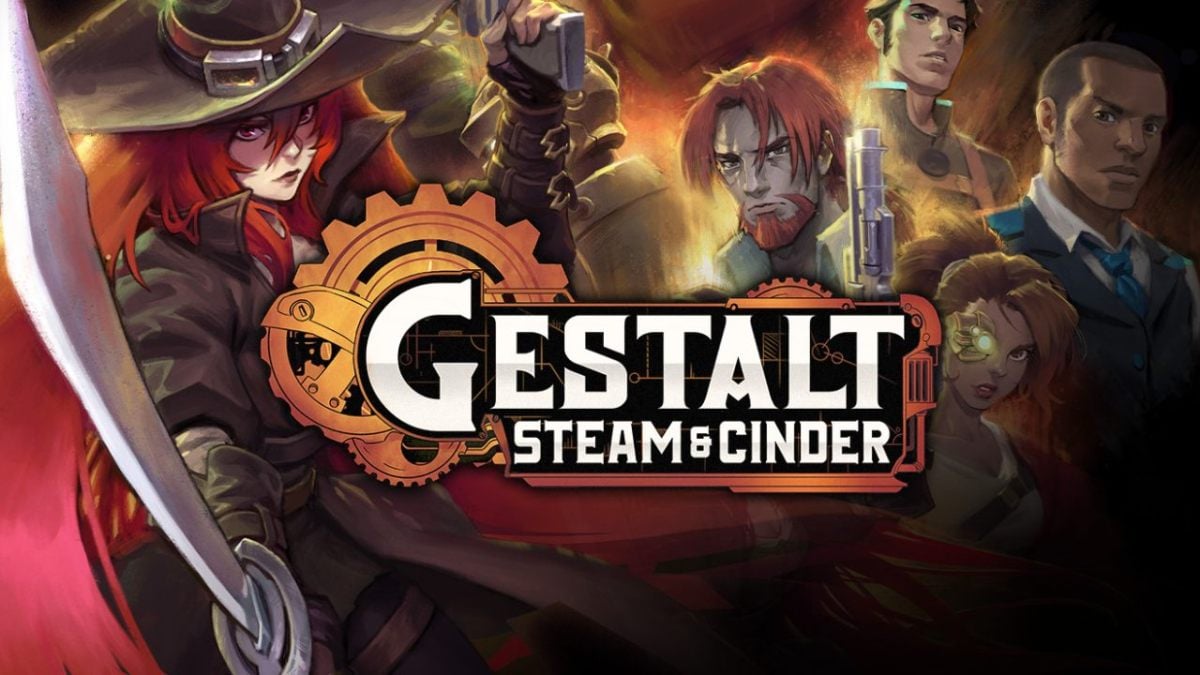
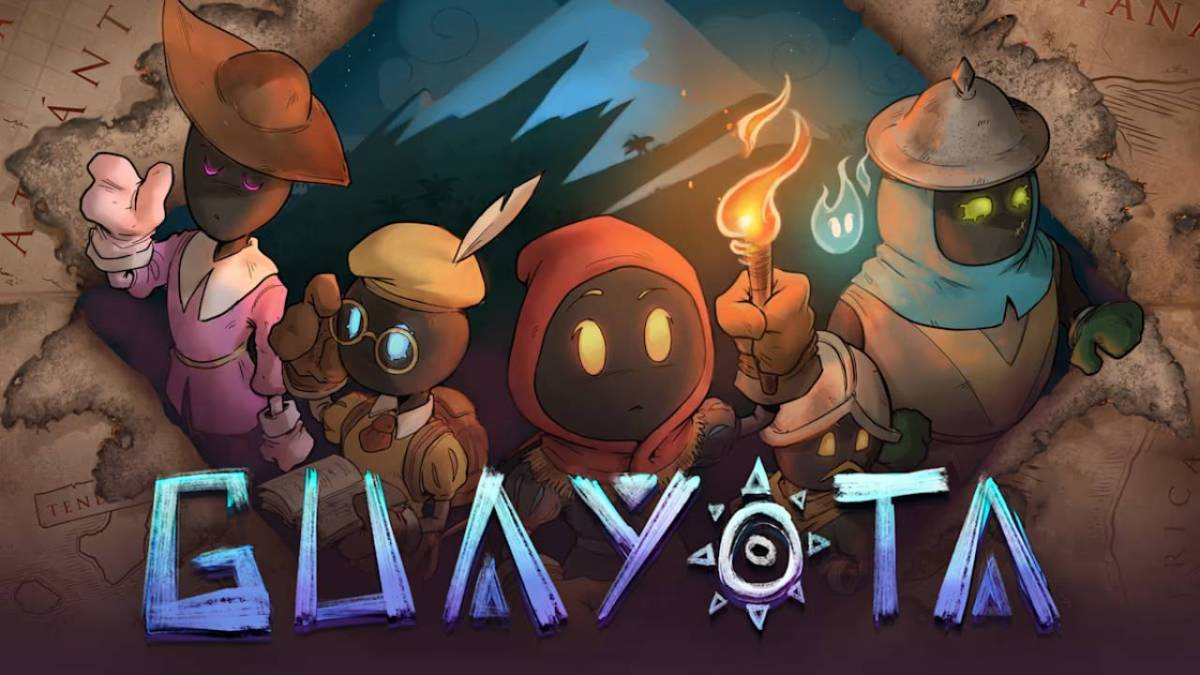
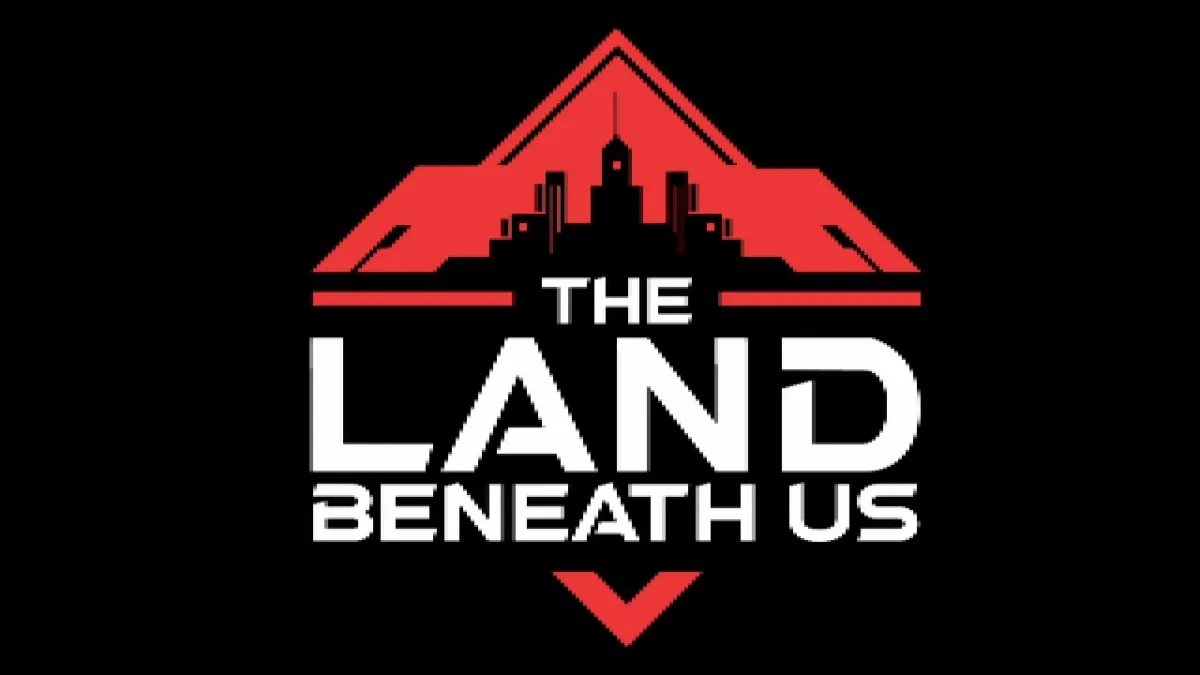
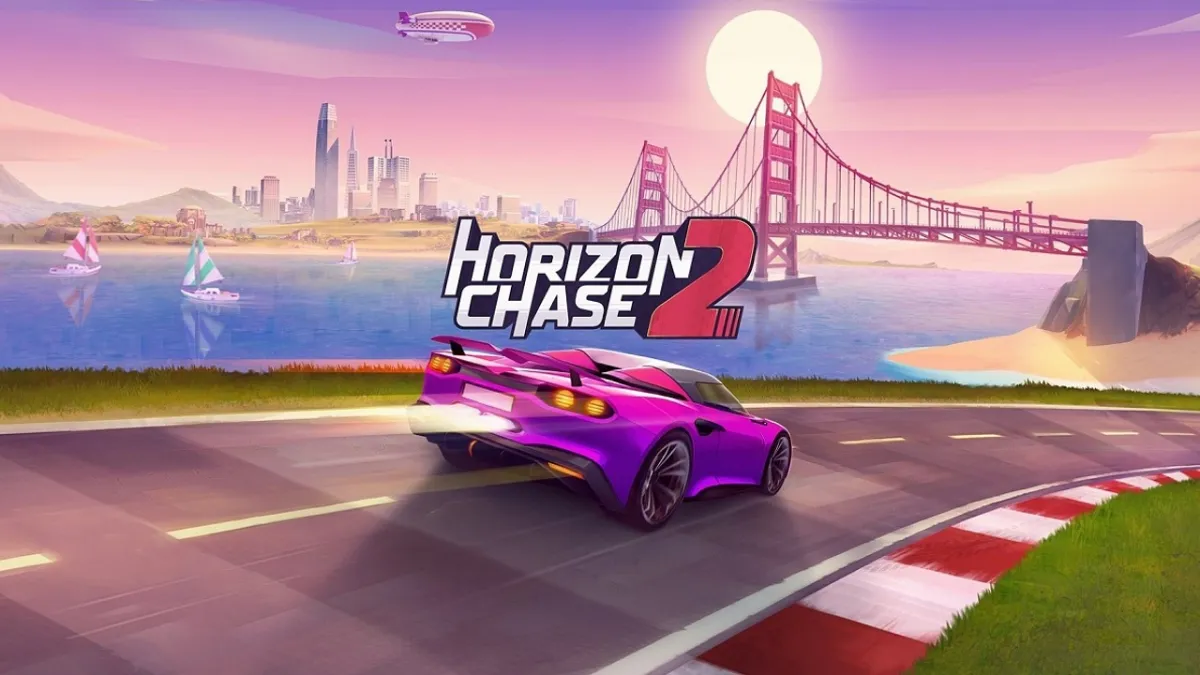
Published: Nov 3, 2014 05:36 am